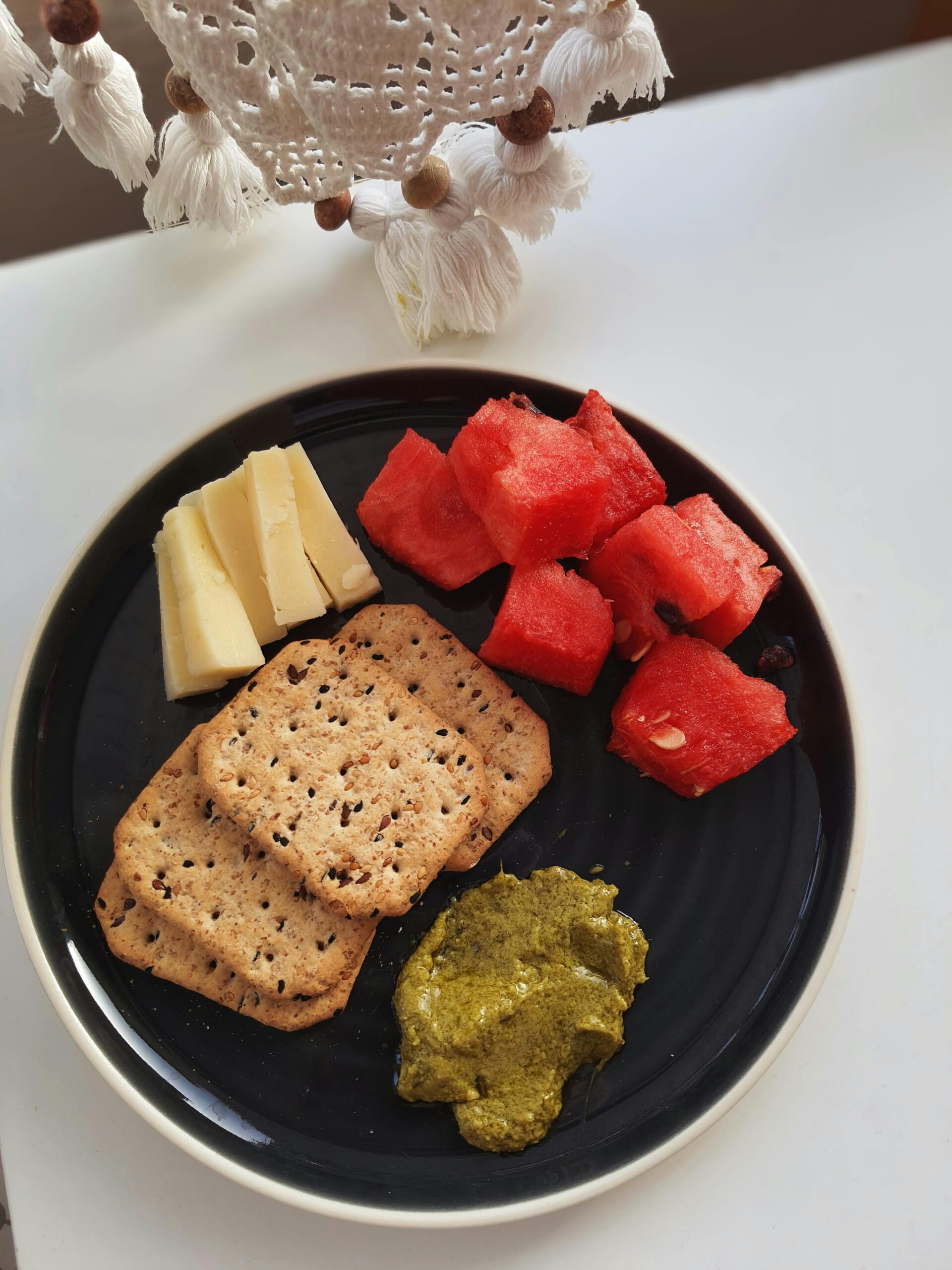What Are Nutritious Snacks for Kids?
When it comes to feeding your kids, it can be a challenge to find snacks that are both delicious and nutritious. You want to make sure they are getting the right balance of vitamins, minerals, and energy to keep them going throughout the day. In this article, we will explore some healthy snack ideas that your kids will love.

The Benefits of Nutritious Snacks
Giving your kids nutritious snacks has many benefits. Not only do they provide essential nutrients for growth and development, but they also help to maintain a healthy weight and reduce the risk of chronic diseases later in life. By choosing snacks that are high in fiber, protein, and healthy fats, you can help your children stay fuller for longer and avoid reaching for unhealthy options.
Finding the Right Balance
When choosing snacks for your kids, it’s important to find the right balance of nutrients. You want to include a mix of carbohydrates, protein, and healthy fats to keep them satisfied and energized. Aim for snacks that are low in added sugars and processed ingredients to promote overall health and well-being.
Carbohydrates
Carbohydrates are the body’s main source of energy, especially for active kids. Look for whole grains like whole wheat crackers, brown rice cakes, or whole grain bread to provide a steady source of energy without causing a sugar crash.
Protein
Protein is essential for growth, development, and repair of tissues in the body. Include sources of protein like nuts, seeds, nut butter, yogurt, cheese, and lean meats in your child’s snacks to help them feel full and satisfied until their next meal.
Healthy Fats
Healthy fats are important for brain development and overall health. Include sources of healthy fats like avocado, nuts, seeds, and olive oil in your child’s snacks to support their cognitive function and keep them feeling full.

Healthy Snack Ideas
Now that you know the importance of nutritious snacks and how to find the right balance, let’s explore some delicious and healthy snack ideas for your kids. These snacks are not only nutritious but also easy to make and portable for on-the-go snacking.
| Snack Idea | Ingredients | Instructions |
|---|---|---|
| Ants on a Log | Celery, peanut butter, raisins | Spread peanut butter on celery and top with raisins |
| Veggie & Hummus Cup | Baby carrots, cucumber, cherry tomatoes, hummus | Place hummus in a small cup or container and arrange veggies for dipping |
| Trail Mix | Almonds, cashews, dried fruit, whole grain cereal | Mix all ingredients together and store in individual bags for easy snacking |
| Fruit Kabobs | Pineapple, grapes, strawberries | Skewer fruit onto small sticks for a fun and colorful snack |
| Greek Yogurt Parfait | Greek yogurt, granola, berries | Layer yogurt, granola, and berries in a small cup for a protein-packed treat |
Tips for Healthy Snacking
In addition to choosing the right snacks for your kids, it’s important to establish healthy snacking habits to promote overall wellness. Here are some tips to help your kids make nutritious choices when it comes to snacking:
Plan Ahead
By planning out snacks ahead of time, you can ensure that your kids have access to healthy options when they get hungry. Prep snacks in advance and store them in individual containers for easy grab-and-go snacking.
Involve Your Kids
Get your kids involved in the snack-making process by letting them help choose and prepare their snacks. This can empower them to make healthier choices and develop a positive relationship with food.
Limit Processed Foods
Try to limit the amount of processed foods and snacks high in added sugars that your kids consume. Opt for whole, real foods like fruits, vegetables, nuts, and seeds to provide essential nutrients without the added chemicals and preservatives.
Stay Hydrated
Encourage your kids to drink plenty of water throughout the day to stay hydrated and support overall health. Avoid sugary drinks like soda and juice, which can contribute to excess calories and lead to weight gain.
Listen to Hunger Cues
Teach your kids to listen to their bodies and eat when they are hungry, not out of boredom or emotion. By honoring their hunger cues, they can develop a healthy relationship with food and maintain a balanced diet.

Conclusion
In conclusion, providing your kids with delicious and nutritious snacks is essential for their growth and development. By finding the right balance of carbohydrates, protein, and healthy fats, you can help them stay satisfied and energized throughout the day. With a little planning and creativity, you can make snacking healthy, fun, and enjoyable for your kids. So why not try out some of these snack ideas and see how your kids respond? Happy snacking!

